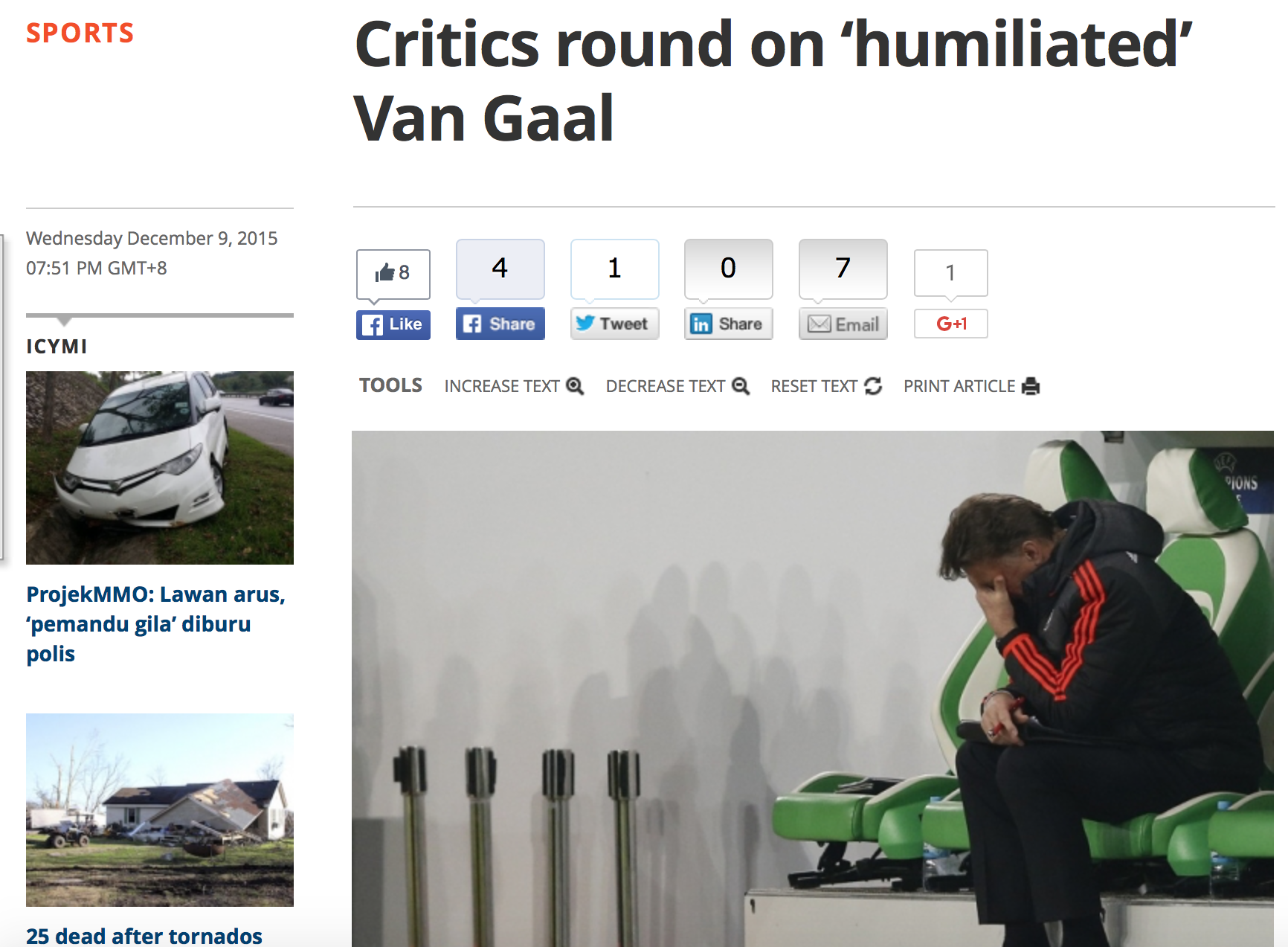Once in a blue moon, I have bad consult. Bad because the consultation is frustrating for me, and the client isn’t happy. Sometimes, that results in giving them back their money even after they’ve gotten 40 minutes of time. And this particular consult was a consultation for a kid.
Now, I’ve done my fair share of kid consults, with the ages having spanned from newborn (usually as a follow-up to a Caesearian birth date selection) to teenagers. And I am leery of them because doing kid consults is difficult.
Not difficult because the charts are difficult to read or it’s challenging answering questions from 17 year olds. Most of the time, I wished the 17 year olds had more questions.
Kid consults are difficult to read because of the parents. Yes, the parents.
Now, I’ve had some stellar parents come in, pay money for their kid to have a consult, so that a third party (who is unrelated, neutral and doesn’t know this kid from Adam or Eve) can tell their kid their warts, in the hopes that this kid will wake up and smell the coffee and realise it’s time to get serious about LIFE.
These are parents who know to leave the room and let their kids get on with the business of asking questions that are important to THEM and who have no issues with their kids wanting parts of the consult to be confidential. These are parents who exert no judgment on their child (or know that they basically have a underachiever kid) and who just want their kids to know something useful and help them find a path to being HAPPY. These are parents who don’t ask things like ‘will my kids be filial’ and ‘will they live with me’ and ‘will they give me money to spend’.
I’ve also had some incredibly pushy parents who come in with very set ideas about what they want me to tell their children vis-a-vis career options.
And I have overly anxious parents who want a reading of their newly born kid, but don’t seem to understand that a reading for a child is very different from a reading for a teenager. And they can’t comprehend why it is that I don’t have that much to say.
So should you get a consult for your kid?
Well, you should ask yourself these two questions:
– what is it that I, the parent, really want to know?
– can I, the parent, live with what I will hear?
WHAT IS IT THAT I WANT TO KNOW is the biggest single reason why parents come away from a BaZi consult about their child, unsatisfied. Because most parents don’t know WHAT it is that they want to know.
So they resort to the blank answer. Tell me everything.
What is everything? This is when I am forced to go into my lecture about how the world is rapidly changing and that it is simply not the smart thing to do to predict what a child is likely to be doing in 20 years time. I can’t tell you if your child will grow up to be a successful doctor, or the Prime Minister of a country. I can’t tell you if your child will succeed in achieving your unachieved ambitions in life, whatever they may be.
I can however tell you if
a) your child will be financially stable in life or be wealthy in life (which at least assures parents that their child will not be a wastrel)
b) I can tell you where your child’s weaknesses in life will be, and how you as a parent, can make every effort to ensure this weakness never hobbles your child from achieving everything they can in life.
c) I can tell you which parent or person in the family the child is most receptive to advice or information from, thus enabling you to best manage your child with a minimum of harassment or stress.
d) I can tell you which person in the family the child will have a unfavourable relationship with, thus enabling you to make sure that at the end of the day, blood is indeed thicker than water.
e) I can give you insight into the nature of the child as a person, and their inherent personality so that you, the parent, accept them for who they are. AN INDIVIDUAL.
Here’s what I personally won’t do as a consultant when it comes to doing a consultation for a kid, and the reasons.
a) I will not dictate to the child (if they are in the teens) what their life should be or what career they should chose. That is their choice. It may not be a democracy in their life now, but after 21, it is. And if you’re paying for them to hear what’s good for them, then let it be that they decide how best to play the hand destiny has given them. Instead, I would encourage the child to think about what it is that is important or significant to them, and find a way to attune that to what the chart says works for them. Nor will I dictate the child’s future at a modest age and ‘condemn’ them to 20 years of parental anxiety and ‘The BaZi Consultant said this and not that’. See above. Further, I am not a Sage who can see what the world looks like in the future or I would be making money as a futurist. Maybe we’ll have so many doctors that medicine will no longer prove to be a well-paying job and being a dustman is a better idea. WHO KNOWS? And it’s just wrong to try to find out what your child’s life is going to be like 20 years from now because no one can look in the FUTURE.
b) I will not provide a forecast of a child’s first 20 years of existence because annual forecasts for anyone under the age of 15 are a waste of time. The child is neither making any decisions of HUGE SIGNIFICANCE (I mean, it’s not like they’re Timothy Geistner or the CEO of AIG now are they?),nor are they engaging in any activities that are going to be of monumental influence beyond maybe getting beat up at school, or perhaps falling off a bike. Hey, that’s LIFE.
If anyone is going to have a negative impact on the child during their formative, it’s the PARENTS. So what matters more is the parents chart and Luck during that period, and not that of the child per se.
Which then brings me onto the subject of people who live in glass houses should not throw stones. Ya, that’s parents. It is very rare (although it does happen) for parents to actually do the reading in light of their own charts. And no, I am not saying this to solicit more business. A parent often fails to consider their own weaknesses as a person, when they are looking at their relationship with the child. If you are an overbearing, manipulative, controlling and Type A personality mother, and you have a kid who is sweet, with a heart like a soft-shell crab, and who is totally disinterested in becoming a corporate powerhouse, you need to ask yourself if there really is a problem with the kid, or just a problem with your expectations.Similarly, if your kid is lazy, but you, the parent, have over-achiever syndrome, well, then never the twines will meet right?
The hardest job I have as a consult in some instances is to persuade a parent to accept that THEIR CHILD IS NOT THEM. And that a child is not a basis in which to project your dreams, ambitions and desires (unfulfilled or otherwise) vicariously.
And lest there are parents out there reading this who have engaged in some self-research about their kid’s BaZi chart and are thrilled to see an Intelligence Star – don’t be so happy yet. Nothing is worse in this world than for a parent to realise the kid is WAY smarter than you. And sometimes, the hardest thing for a parent to accept and realise is that their child is going to be an amazing achiever, just not the kind of achiever THEY want.
Try telling an Asian parent their child has an amazing future as a rock star. Or an artist. Or earn tons of money from their looks. And watch the horrified expressions. It doesn’t matter that their kid has an incredible future in that industry. It’s just not acceptable.
So before you decide you want an ambitious, go-getter child, ask yourself if you as a parent really have what it takes, to deal with a child like that.
Now, I’ve obviously done a great job totally NOT selling the idea of a consultation for a kid. To be honest, if the parents are not overly anxious, clingy and competitive, a BaZi consult is useful. It’s a very good opportunity to understanding your child’s innate personality, behaviour and psychology, as opposed to say trying to figure this out over the course of the next 16 years and many wasted hours of screaming and failed disciplinary tactics.
A BaZi consult is also a good way to understand what kind of pedagogy will support the child’s developmental needs, educational and skill gaps. Some kids for example would benefit from going to a tougher, more regimented school environment like a boarding school. Others could do just as well in a more slack atmosphere because they naturally have an independent spirit. Some kids need discipline. Others can be reasoned with. Not every child needs to have the rules outlined and then backed with an iron fist. Some just naturally know not to overstep the boundaries after one smack. Others need a firm hand and a spare the rod spoil the child approach.
The beauty of BaZi is that the child’s temperament will usually be apparent within the child reaching 1 years old and starting to learn to communicate. The personality becomes extremely apparent, as do any conflicts that will occur between siblings and the nature of the parental relationship (although leechy kids are often leechy by habit early on in life). And if a parent is smart about how they use BaZi (rather than calculative and judgmental), they’ll use the knowledge of the child’s personality to up the odds in THEIR FAVOUR in terms of how they manage the kid.
So with that, let me outline what you should expect if you as a parent decide to have a BaZi consult done for your child.
Under the age of 12:
- The focus of the consultation will most likely be enabling you, the parent, to better understand your child. Not for you to hear good news, or make yourself feel better, or hear that your kid is a genius. But for you to UNDERSTAND them. And believe it or not, that matters if you want to have a harmonious and most importantly, happy relationship with your child. I’m not saying you can’t be The Boss, but you can do so in a smart way that minimises the amount of time you have to be a mean mom or a nasty dad.
- Once you understand their personality, and then appreciate their needs, potential interests and personality shortcomings, then you the parent can start addressing these shortcomings or concerns. If your child is introverted, some gentle encouragement for them to talk and express themselves more is important. If your child is not a team player, DON’T force them to do team player things, but encourage them to play some team player sports so they understand that in life, no man is an island. If your kid is highly expressive and intellectual, DO NOT TELL THEM CHILDREN SHOULD BE SEEN NOT HEARD. It’s only going to frustrate your child and suppress their inherent personality.
- Appreciate that you and your spouse are a team, and your kid is on the other side. So work as a team, and not against each other by competing for affection or closeness. And it’s not about who the child loves more or hates more, but who the kid is likely to be receptive to taking advice, or reprimands or information from that will help them achieve their goals in life, or avoid making crappy mistakes.Why does it matter who they are closer to? What it matters is they don’t make stupid mistakes in life. If you’re the parent who unfortunately has no useful elements that your child likes, and who will not have much pull with your child, content yourself with being a supportive parent and someone just trying to make sure their kid turns out to be a GOOD PERSON. Hey, this was the deal from the day they were born and everything else is bonus, gratitude, filial piety and paid vacations included.
- The goal of the consult would be to identify suitable schools, based on the type of pedogogy your child would be receptive to, as well as suitable extra-curricular activities, and encouraging their interests.
- Discussion on how best to support your child at school – ie: should you be a slacker mom/dad or not.
Finally, more often than not, I have had moms turn up and dads no show. I’ve had a few dads who came without mom. This is a TEAM EFFORT. Many times when I’ve told a mother that the father will be a more significant influence in the person’s life, the father has NOT been in the room to hear that. All you Asian dads – stop being absent dads! Get hands on!
Beween the ages of 13-17:
- This should be looking towards determining if the child/teen has any bad habits that might need correcting at this age (ie: tendency to have too many interests or divergent interests, academic or peer related pressures, stress concerns, money management problems!)
- Possible distractions due to emotional or relationship-related issues which may warrant selecting a single sex school or educational environment.
- Looking to see if there are any career interests that can be pinpointed, or nudging the child/teen towards suitable avenues of exploration when it comes to career interests. (meaning, internships, work observation/shadowing)
- Helping them have a good understanding of themselves, and being comfortable in their skin, appreciating their good points, and recognising their weaknesses.
If the young person is 16-18, I will encourage parents to step out for 20 minutes and if necessary, I wil switch off the tape recorder, so that the young person can have a confidential discussion without their parents getting to know everything.



0 Comments